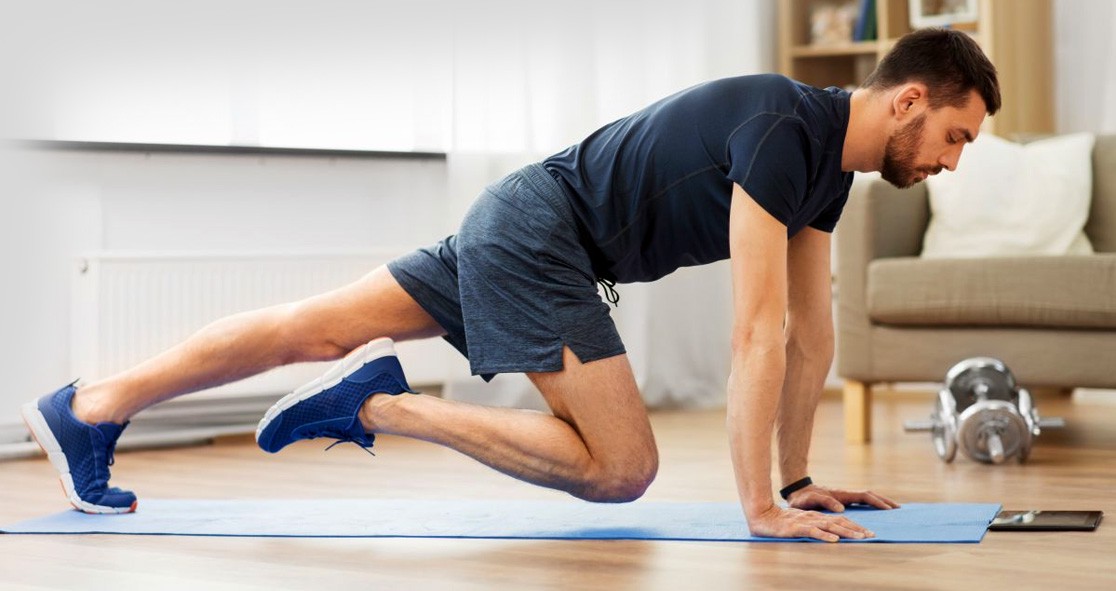A new study led by researchers of the University of Gothenburg has shown that moderate to strenuous exercise alleviates the symptoms of anxiety, even if the condition is chronic, according to Science Daily.
The study, published in the Journal of Affective Disorders, looked at 286 patients with anxiety syndrome. Nearly 50% of the patients had lived with anxiety for about ten years. Of all the participants, 70% were women. They were then assigned to group exercise sessions, either moderate or strenuous, for 12 weeks.
After the study period, the researchers found that anxiety symptoms were significantly alleviated in those who did exercise, even when the anxiety was chronic.
For participants who did low-intensity exercise, the chance of improvement in terms of anxiety symptoms rose by a factor of 3.62, while for those who did higher-intensity exercise, it rose by 4.88.
The study’s first author Malin Henriksson said, “There was a significant intensity trend for improvement – that is, the more intensely they exercised, the more their anxiety symptoms improved.
Previous research has shown that exercise helps clear symptoms of depression. However, there was no clear picture of how people with anxiety can be benefited from exercise.
The study participants underwent 60-minute training sessions thrice a week, under the supervision of a physical therapist. The exercise sessions included both cardio and strength training.
Standard treatments for anxiety include cognitive-behavioral therapy (CBT) and psychotropic drugs. However, these drugs come with certain side effects. In addition, patients with anxiety disorders often fail to respond to medical treatment. Furthermore, long waiting times for CBT could worsen the prognosis.
Lead author Maria Åberg of the University of Gothenburg’s Sahlgrenska Academy said, “Doctors in primary care need treatments that are individualized, have few side effects, and are easy to prescribe.”
“The model involving 12 weeks of physical training, regardless of intensity, represents an effective treatment that should be made available in primary health care more often for people with anxiety issues,” she added.























